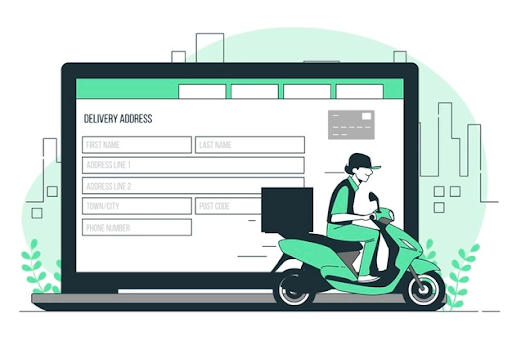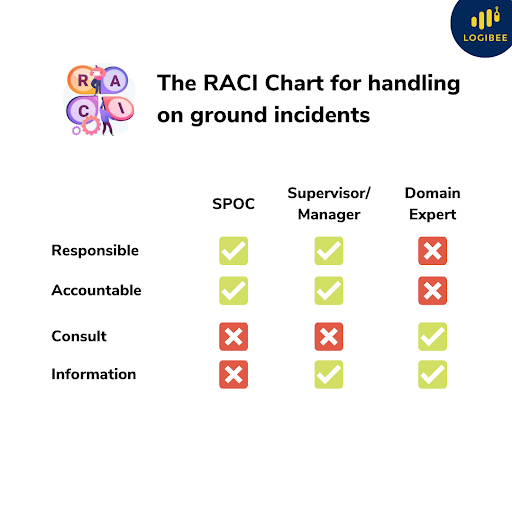Last Mile Delivery: Who’s accountable for the overall on ground incident management.

Last mile delivery is the most important and most challenging part of the overall supply chain and
logistics management of an organization.
Last mile delivery costs 53% of overall shipping
One of the factors that cause maximum disruption to the last mile delivery process is on ground
incidents which aren't anticipated. These may include but not limited to
- Failed delivery. Customer not being available for delivery at the said time and place.
- Manpower fluctuations such as staff unavailability
- Vehicle breakdowns
- Unusual traffic surges
- Sudden changes in weather (same as above).
- Ability to act in real time
Now that the list is ready, it may seem simple to tackle these situations. However, many other on
ground
aspects must be considered before ensuring that such disruptions don't result in delivery failure.
Delivery failure is the most hated term in the field of logistics. This is because a failure to
deliver
increases the cost of delivery by 3 times. Check this image out for clarity.
The following is the process usually followed to handle on ground disruption responses:
- Real Time visibility of on-ground situation.
- Assigning the situation to a SPOC (Single Point of Contact) who is accountable for resolving the situation.
- Collecting data about the on ground situation in real time and act real time.
- Ascertaining if there is a standard response to the situation. If there is a standard response, following the protocol to take action and resolving the situation.
- When there is no standard response, determining who was the authority to handle the situation.
- Escalating the situation to the concerned person with authority.
- Coordinating with the on ground staff to implement the response.
- Reporting the whole process with appropriate documentation where required.
- Closing the ticket and documenting the lessons learnt.
This process highlights important aspects of who is accountable for the overall process.
- The SPOC who is alerted to handle the on ground situation is accountable for coordinating the entire operation, but may not have the power to authorize actions or responses.
- A manager or supervisor with adequate experience and authority to handle the on ground situation. This manager has can depend on standard responses and address some minor deviations to standard responses
- A domain specialist who can handle any on ground situation with expert thinking and best practices. He can be consulted only when exceptional circumstances happen.
This team is accountable for the overall functioning of the on ground disruption handling system.
Here is
a RACI chart to understand who plays what role within the team.
The RACI chart

I hope now it's clear who can be held accountable for the on ground incident. The final
accountability of
resolution lies with the supervisor/manager and the SPOC holds operational accountability.
I am glad to see that LOGIBEE's real time dashboards give complete visibility of the end to end
delivery
journey. We have built our processes based on many industry accepted best practices and can handle
any
delivery disruption effectively. Let’s connect if you’re interested.

